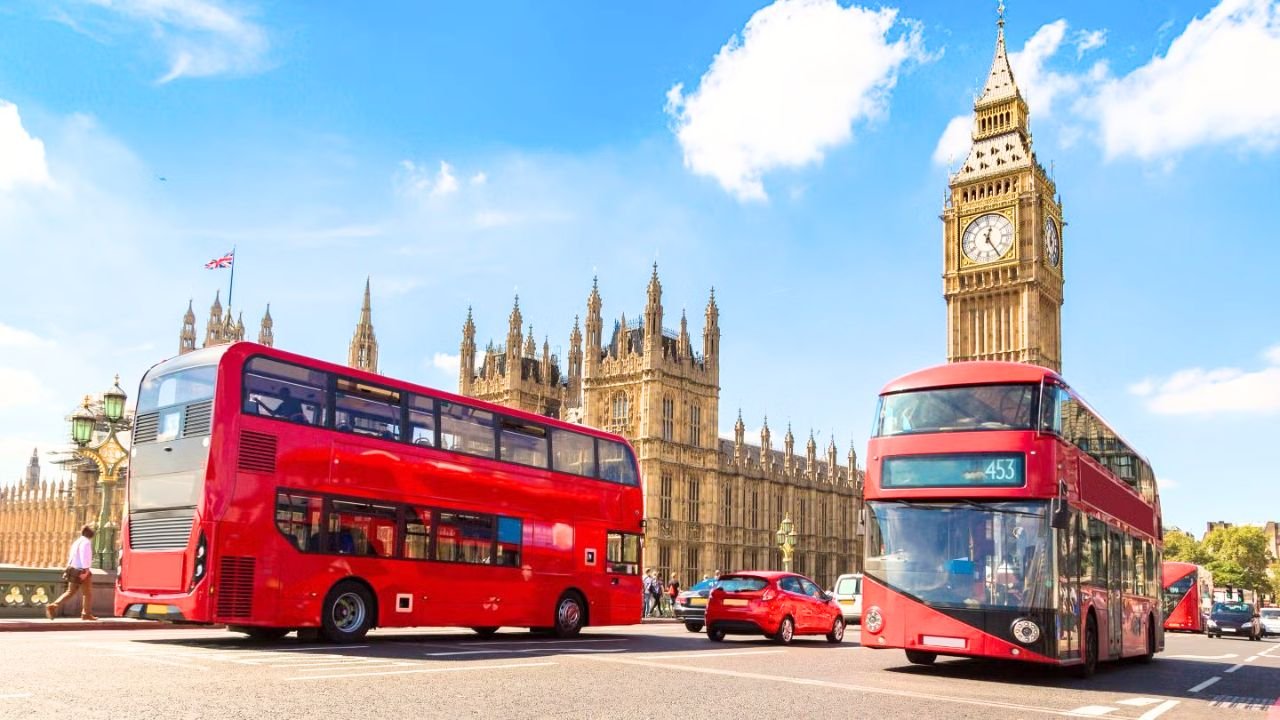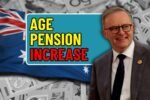Rising Costs Continue to Pressure UK Households
As summer holidays draw to a close, many families in the UK may feel a slight easing of seasonal financial pressures. However, for millions, the struggle with rising living costs remains constant.
Despite inflation falling back to pre-pandemic levels, the price of essentials such as food, energy, and housing has stayed high. According to the Resolution Foundation, household bills are still outpacing wages, leaving many unable to manage without borrowing. Figures from The Food Foundation show that around 7.3 million adults – nearly 14% of households – experienced food insecurity in January 2025. Energy debt has also reached record levels, with arrears climbing to £3.9 billion by the end of 2024.
In this climate, it is vital that people check their eligibility for government support. While around 24 million individuals currently receive Department for Work and Pensions (DWP) benefits, research suggests that £23 billion worth of support goes unclaimed every year.
Benefit Payment Dates in September 2025
This month, benefits will be paid as usual since there are no bank holidays to affect schedules. Payments include:
- Universal Credit
- State Pension
- Pension Credit
- Child Benefit
- Disability Living Allowance (DLA)
- Personal Independence Payment (PIP)
- Attendance Allowance
- Carer’s Allowance
- Employment Support Allowance (ESA)
- Income Support
- Jobseeker’s Allowance
The DWP is also continuing the process of moving people from legacy benefits such as Tax Credits, Income Support, and Housing Benefit onto Universal Credit, a transition expected to be completed by January 2026.
State Pension Payment Dates
The state pension is usually paid directly into claimants’ bank accounts every four weeks. The day of payment depends on the last two digits of the recipient’s National Insurance (NI) number:
| NI Number Ending | Payment Day |
|---|---|
| 00 to 19 | Monday |
| 20 to 39 | Tuesday |
| 40 to 59 | Wednesday |
| 60 to 79 | Thursday |
| 80 to 99 | Friday |
Benefit and Pension Increases
In April 2025, most benefits were uprated by 1.7%, matching inflation. This increase applied to Universal Credit, PIP, DLA, Attendance Allowance, Carer’s Allowance, and ESA.
The state pension rose by 4.1% (£472 annually) under the triple lock system, reflecting strong wage growth.
Looking ahead, from April 2026, all Universal Credit recipients will see above-inflation increases each year until 2029 following Labour’s welfare reforms. However, the health-related element of Universal Credit for new claimants will be cut from £105 to £50 per month and frozen until 2029, reducing the support available by over £200 monthly.
Additional Financial Support Available
Budgeting Advance Loans
Universal Credit claimants can apply for interest-free budgeting advances to cover emergency costs. Repayments are automatically deducted over up to two years.
- £348 if single
- £464 for couples
- £812 if claiming Child Benefit
From April 2025, deductions from Universal Credit for debts and loans have been capped at 15% of the standard allowance, down from 25%.
Discretionary Housing Payment (DHP)
Claimants of Housing Benefit or the housing element of Universal Credit may qualify for DHP to help cover rent shortfalls, deposits, or moving costs. The amount and eligibility are decided by local councils.
Household Support Fund (HSF)
This fund, administered by councils, provides essentials such as utility bill help, white goods, and cash payments up to £300. It will continue until March 2026, after which it will transition into the new Crisis and Resilience Fund.
Charitable Grants
Various charities, including Turn2us, offer targeted grants for groups such as carers, students, bereaved families, and people with disabilities.
Energy Support from Providers
Major suppliers including British Gas, EDF, Scottish Power, E.ON, and Octopus run support schemes for struggling customers. Contacting providers directly can reveal tailored assistance options.
Council Tax Reduction
Eligible households may be entitled to up to 100% council tax support, with discretionary reductions also available in hardship cases. Applications are managed by local councils.
Free Childcare Expansion
Parents are entitled to 30 hours of free childcare for children aged three to four. From April 2024, 15 hours were extended to two-year-olds, and from September 2025, all children under five will qualify for 30 hours of free childcare. Families must reapply every three months.
Energy Price Cap Update
Ofgem reduced the energy price cap from £1,849 to £1,720 for the July–September quarter, reflecting a 7% fall. The new cap for October–December will be announced at the end of August.
Cost of Living Payments
The government’s Cost of Living Payment scheme ended in February 2024, with no new payments announced for 2025.
Mental Health Support
Alongside financial help, several services provide free, confidential support:
- Samaritans: Call 116 123, available 24/7
- Mind: Support line 0300 102 1234, information line 0300 123 3393
- Scope: Online forums for people with disabilities
- NHS England: Online mental health triage services



